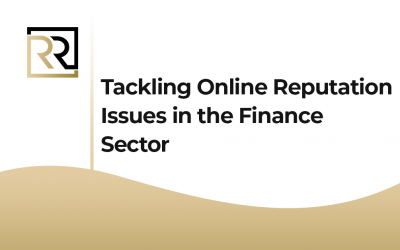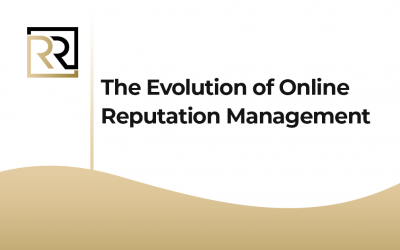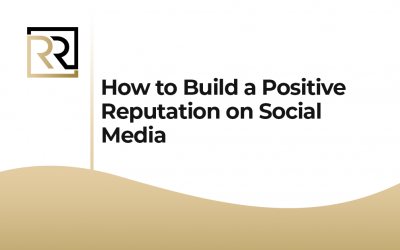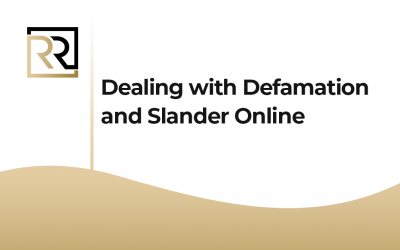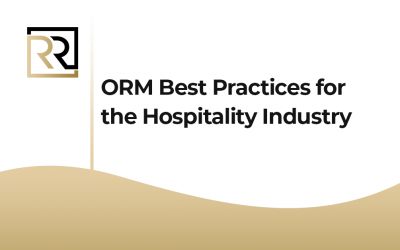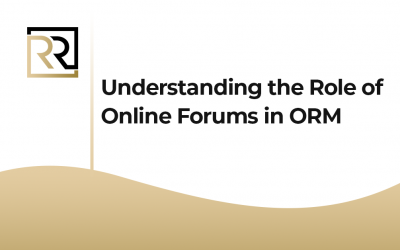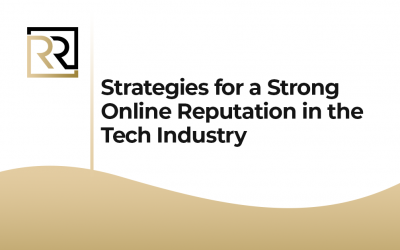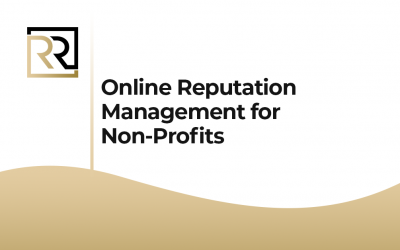How to Remove Negative Content from Search Results
Furthermore, in the digital age, online reputation is paramount, therefore, it’s important to remove negative content from search results. Thus, negative content in search results can have a lasting impact on personal and professional lives. Whether it’s unfavorable reviews, damaging articles, or other undesirable content, managing your online image is essential. Therefore, in this article, we will explore effective strategies on how to remove negative content from search results and reclaim control over your online reputation.
Strategic Solutions: How to Remove Negative Content from Search Results
1. Conduct a Thorough Content Audit
The first step in mitigating the impact of negative content is to conduct a comprehensive audit of your online presence. Therefore, identify the specific negative content that appears in search results and assess its origin, accuracy, and relevance. Besides, understanding the extent of the issue allows you to develop a targeted strategy for removal.
2. Address the Source
Further, if the negative content originates from your own website or social media profiles, take immediate action to rectify the situation. Therefore, edit or delete the content, issue corrections, and ensure that future content aligns with your desired online image. Hence, search engines prioritize recent and relevant content, so actively managing your online presence can push negative content down in search results.
3. Contact the Website Owner
Moreover, if the negative content is hosted on a third-party website, reach out to the website owner or administrator. Furthermore, politely explain your concerns and provide evidence that supports your request for removal. As a result, some websites may be willing to cooperate, especially if the content is outdated, inaccurate, or violates their content guidelines.
Moreover, when contacting the website owner, be clear and concise in your communication, providing specific details about the content in question and explaining why its removal is necessary for your online reputation.
4. Utilize Google’s Content Removal Tools
Also, Google offers several tools that allow individuals to request the removal of specific content from search results. The Removals tool in Google Search Console enables you to temporarily hide URLs or remove them entirely from Google’s index. Further, keep in mind that this doesn’t remove the content from the internet, but it can prevent it from appearing in search results.
Therefore, submit removal requests through the Google Removals tool for content that violates Google’s policies, such as personal information, copyrighted material, or instances of legal takedown requests.
5. Leverage Legal Options
Furthermore, in certain cases, negative content may be defamatory, false, or violating privacy laws. Therefore, consult with legal professionals to explore your options for pursuing legal action against the parties responsible for creating or hosting the content. Chiefly, if the content is indeed unlawful, legal avenues may be an effective means of removal.
However, legal action should be a last resort, as it can be time-consuming, costly, and may not guarantee the complete removal of the content from the internet.
6. Online Reputation Management Services
Furthermore, consider engaging the services of an online reputation management (ORM) company. Thus, we specialize in repairing and maintaining online reputations, and they may have strategies and connections to expedite the removal of negative content. Also, ORM services often employ a combination of content suppression, promotion of positive content, and legal avenues to manage online reputations effectively.
Therefore, when choosing an ORM service, research their reputation, client testimonials, and success stories to ensure they have a proven track record in dealing with similar cases.
7. Promote Positive Content
Basically, one proactive strategy to push negative content down in search results is to flood the internet with positive and relevant content. Therefore, create and optimize profiles on various platforms, publish blog posts, and engage in social media activities that highlight your achievements, expertise, and positive aspects of your personal or professional life.
Moreover, saearch engines prioritize a mix of recent and relevant content, so consistently publishing positive content will help diminish the prominence of negative results over time.
8. Monitor and Respond to New Content
Also, stay vigilant about your online presence by setting up Google Alerts for your name or brand. Monitoring new content allows you to address potential issues swiftly. Moreover, responding promptly to negative reviews or comments demonstrates a proactive approach to managing your online reputation and can mitigate the impact of unfavorable content.
Conclusion: How to Remove Negative Content from Search Results
Ultimately, effectively removing negative content from search results requires a combination of strategic approaches, proactive management, and, in some cases, professional assistance. Thus, conducting a content audit, addressing the source of negative content, utilizing Google’s removal tools, exploring legal options, engaging online reputation management services, promoting positive content, and staying vigilant through monitoring are integral steps in the process.
Online Reputation Repair – Remove Negative Content from Search Results
Also, remember that online reputation management is an ongoing effort, and building a positive online image requires consistency and dedication. Besides, by taking these steps, individuals and businesses can regain control over their online narrative and shape a digital presence that aligns with their desired reputation. Take care of your online reputation repair with us.
Services
Our Services
Search Engine Content Removal
Social Media Content Removal
Positive Content Creation
Online Reviews Optimization
Search Results Optimization
Learn
Our Blog
Tackling Online Reputation Issues in the Finance Sector
Strategies for Online Reputation Issues in the Finance Sector Further, in the finance sector, where trust and credibility are paramount, managing online reputation is of utmost importance....
The Evolution of Online Reputation Management
The Evolution of Online Reputation Management In the dynamic landscape of the internet, where information travels at lightning speed and perceptions can change in an instant, the evolution of...
Maximizing Your ORM Efforts with Analytics
Maximizing Your ORM Efforts Further, in the digital age, where online reputation management (ORM) plays a crucial role in shaping perceptions and influencing decisions, leveraging analytics...
How to Build a Positive Reputation on Social Media
How to Build a Positive Reputation on Social Media Further, in today's digital world, social media has become a powerful tool for personal branding, business promotion, and community...
Dealing with Defamation and Slander Online
Defamation and Slander Online In the digital age, where information spreads rapidly across online platforms, individuals and businesses are increasingly vulnerable to defamation and slander...
ORM Best Practices for the Hospitality Industry
ORM Best Practices for the Hospitality Industry ORM Best Practices for the Hospitality Industry, where guest experiences and perceptions can make or break a business, effective online...
Understanding the Role of Online Forums in ORM
The Role of Online Forums in ORM The role of online forums in ORM, in the digital realm, where conversations unfold across various platforms, online forums have emerged as influential...
Strategies for a Strong Online Reputation in the Tech Industry
Strong Online Reputation in the Tech Industry Further, in the fast-paced and ever-evolving landscape of the technology industry, maintaining a strong online reputation is essential for...
Online Reputation Management for Non-Profits
Online Reputation Management for Non-Profits Further, in the digital age, where information travels at the speed of a click, Reputation Management for Non-Profits is not just a concern for...



